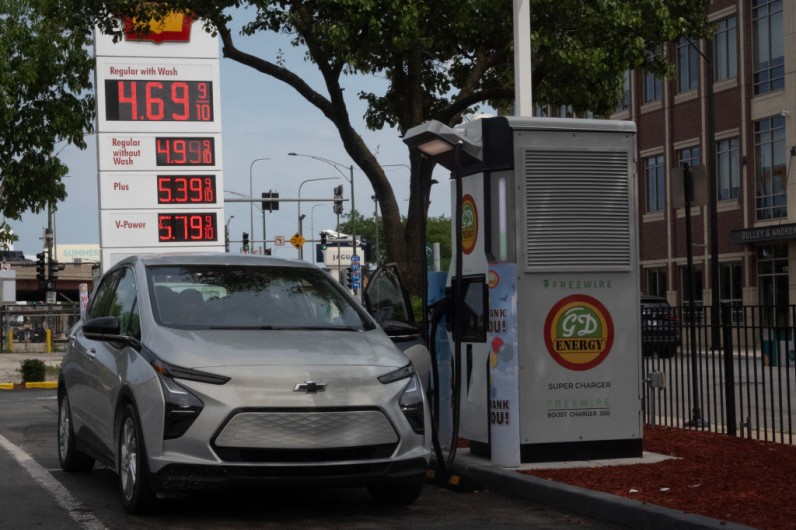
A recent global survey by McKinsey, as shared by CNBC, reveals that nearly 30% of electric vehicle (EV) owners are contemplating a return to internal combustion engine (ICE) vehicles. This trend is particularly pronounced in the U.S., where nearly 46% of EV owners express a likelihood of switching back to gasoline-powered cars as growing dissatisfaction among early EV adopters rise.
The findings are corroborated by a study from Edmunds, which reports that nearly 40% of EVs traded in during the second quarter of 2024 were exchanged for new ICE vehicles.
Despite notable gains in EV sales for major automakers like General Motors (GM) and Ford, both companies have recently scaled back their growth forecasts for electric vehicles. GM saw a 40% increase in EV deliveries in Q2 2024 compared to the previous year, but these vehicles accounted for only 3.2% of its total U.S. sales.
Ford reported a 60% increase in EV sales, yet CEO Jim Farley indicated a need for a "more realistic and sharpened" EV strategy.
Tesla, while still a leader in the EV market, has faced declining sales and has aggressively reduced prices.
Why EV Owners and Adopters Consider Going Back to Gas
Compounding the issue are practical concerns such as charging infrastructure and battery performance.
In the U.S., the adoption of EVs has slowed despite the overall increase in sales and one major challenge is the charging infrastructure.
McKinsey's survey found that 35% of those considering a switch back to ICE vehicles cite inadequate public charging infrastructure as a primary reason, while 21% of respondents mentioned anxiety about charging access as a factor in their decision.
In urban areas, 60% of residents live within a mile of a public charger, whereas only 17% of rural residents have similar access. California, despite being a leader in EV purchases, ranks poorly in terms of the ratio of public chargers to EVs.
These infrastructural shortcomings, combined with high costs and battery degradation concerns, are contributing to a growing number of early adopters reconsidering their electric vehicles.
Analysts predict that improvements in battery technology, increased charging infrastructure, and decreasing prices will eventually address many of the current issues, considering that the Biden administration has already granted $2 billion in this sector.
However, it remains uncertain how long it will take for these solutions to be fully realized and for consumer sentiment to shift positively.







Join the Conversation